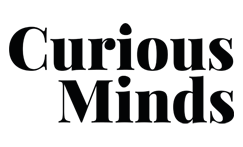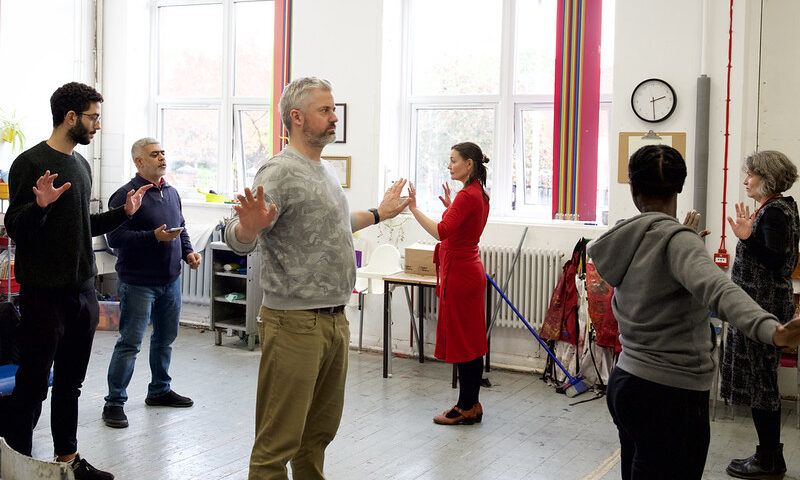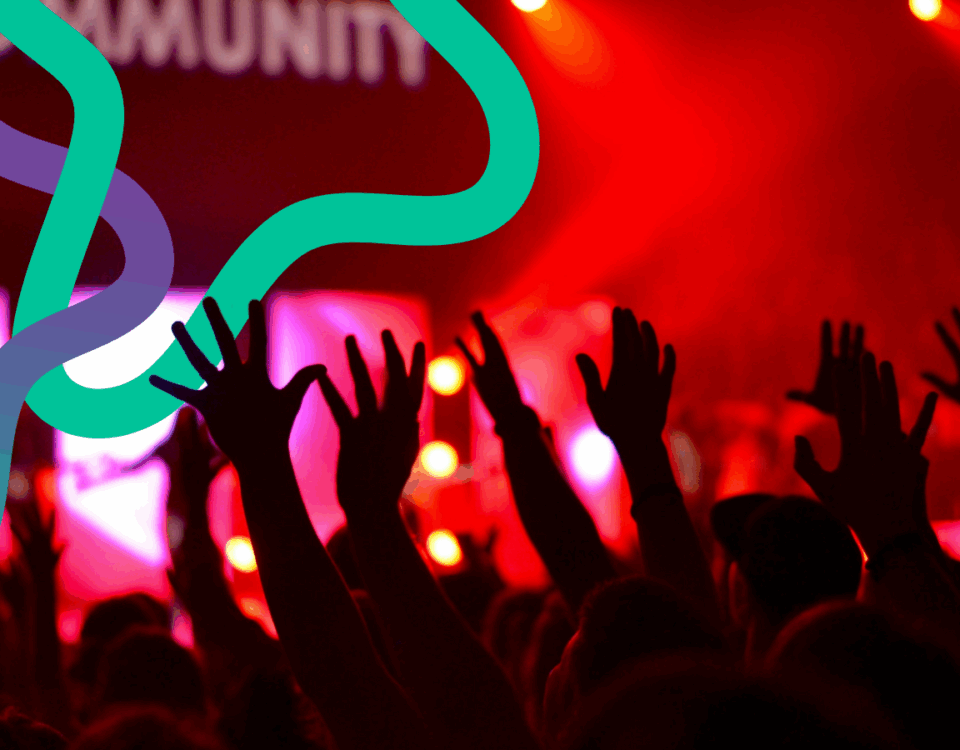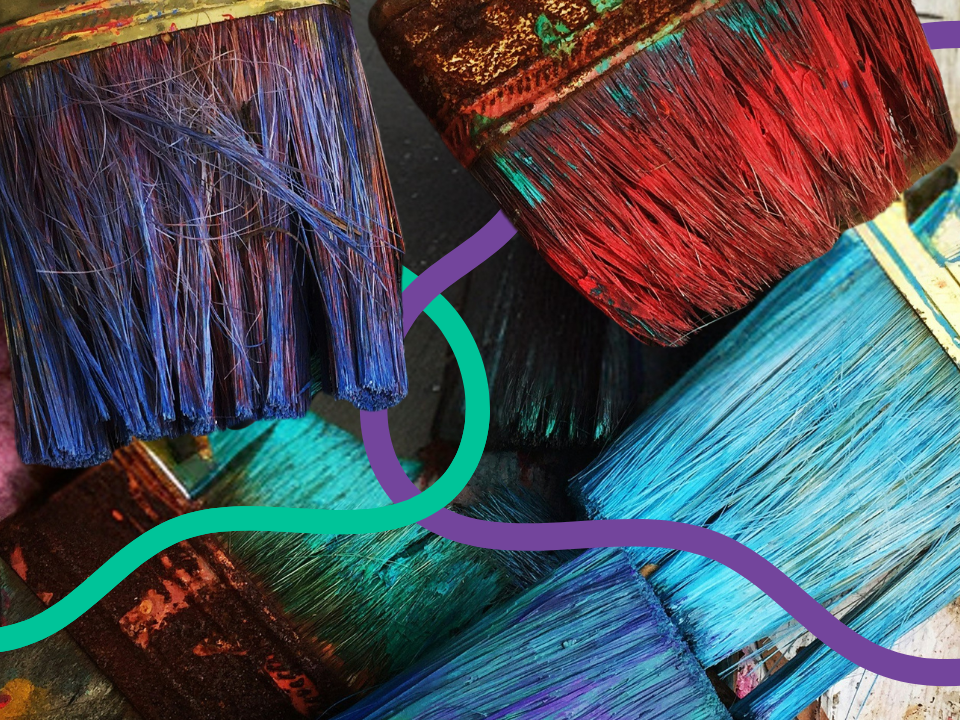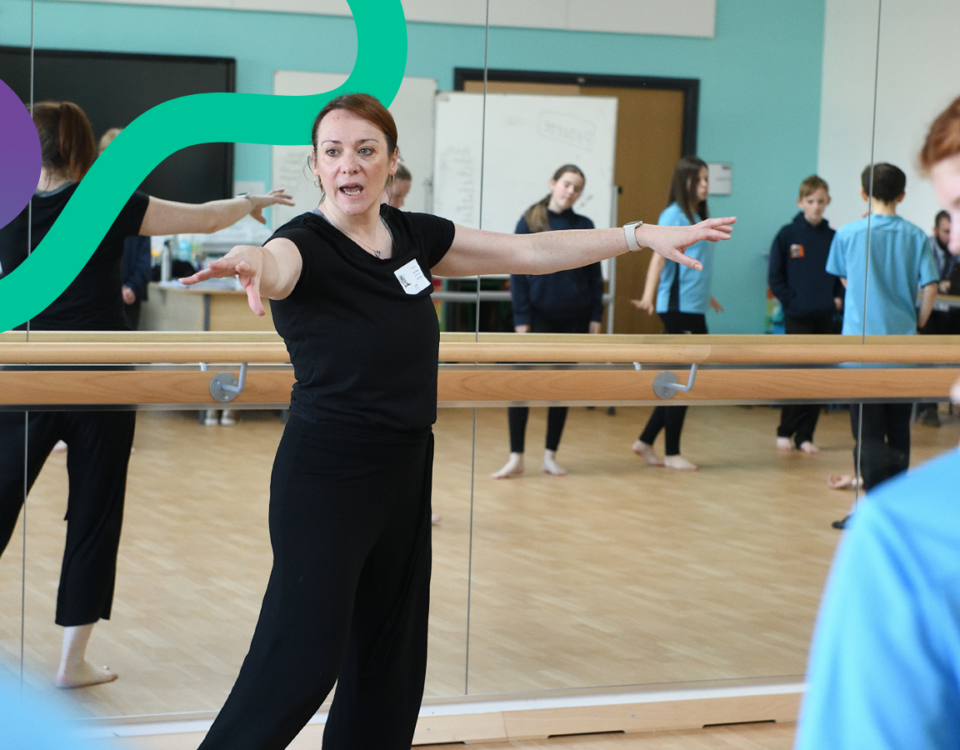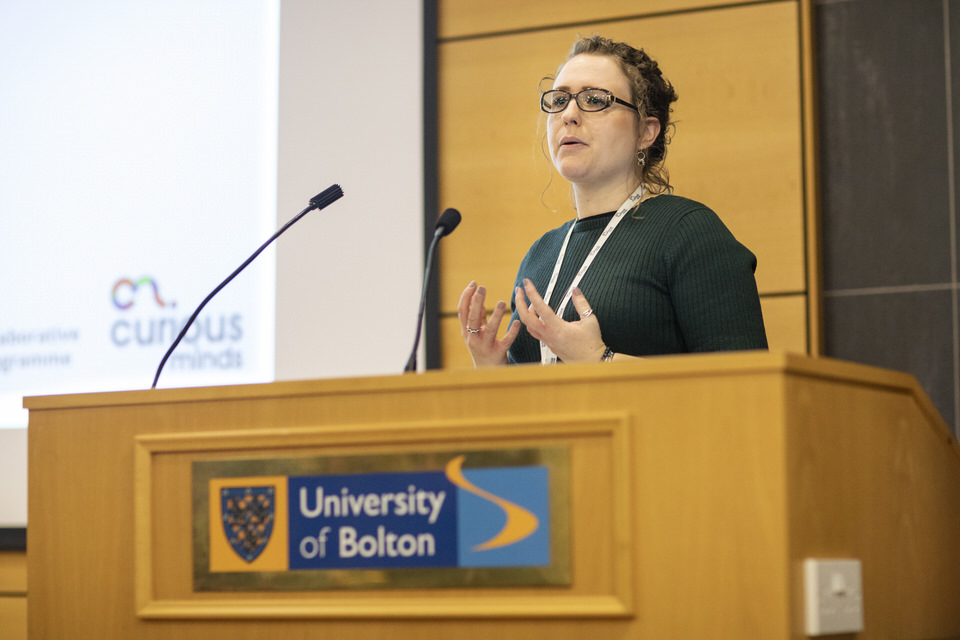
Creating Careers
February 24, 2023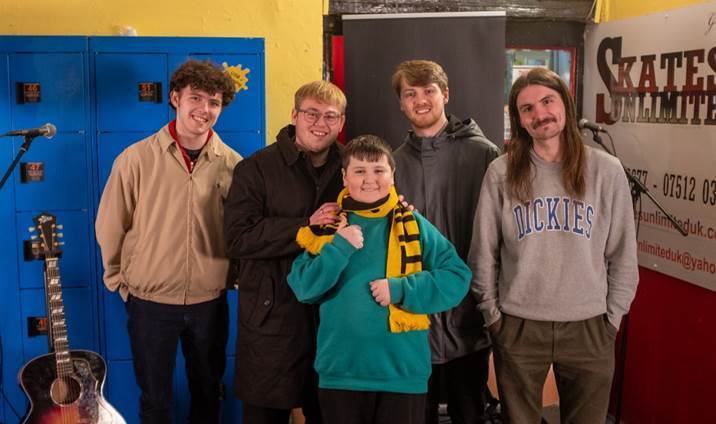
Chance to See Fund
March 16, 2023How we can all open doors to better representation in the creative sector
When we talk about careers and progression, we often use the analogy of a pipeline, connecting talent with opportunity. But it’s rarely that simple, particularly for those so often excluded.
Many young people and practitioners hoping to progress within the creative and cultural industries face multiple barriers and broken systems. As part of National Careers Week, we spoke to our Director of Inclusion, Saphena Aziz, about how Curious Minds is trying to tackle some of these inequalities.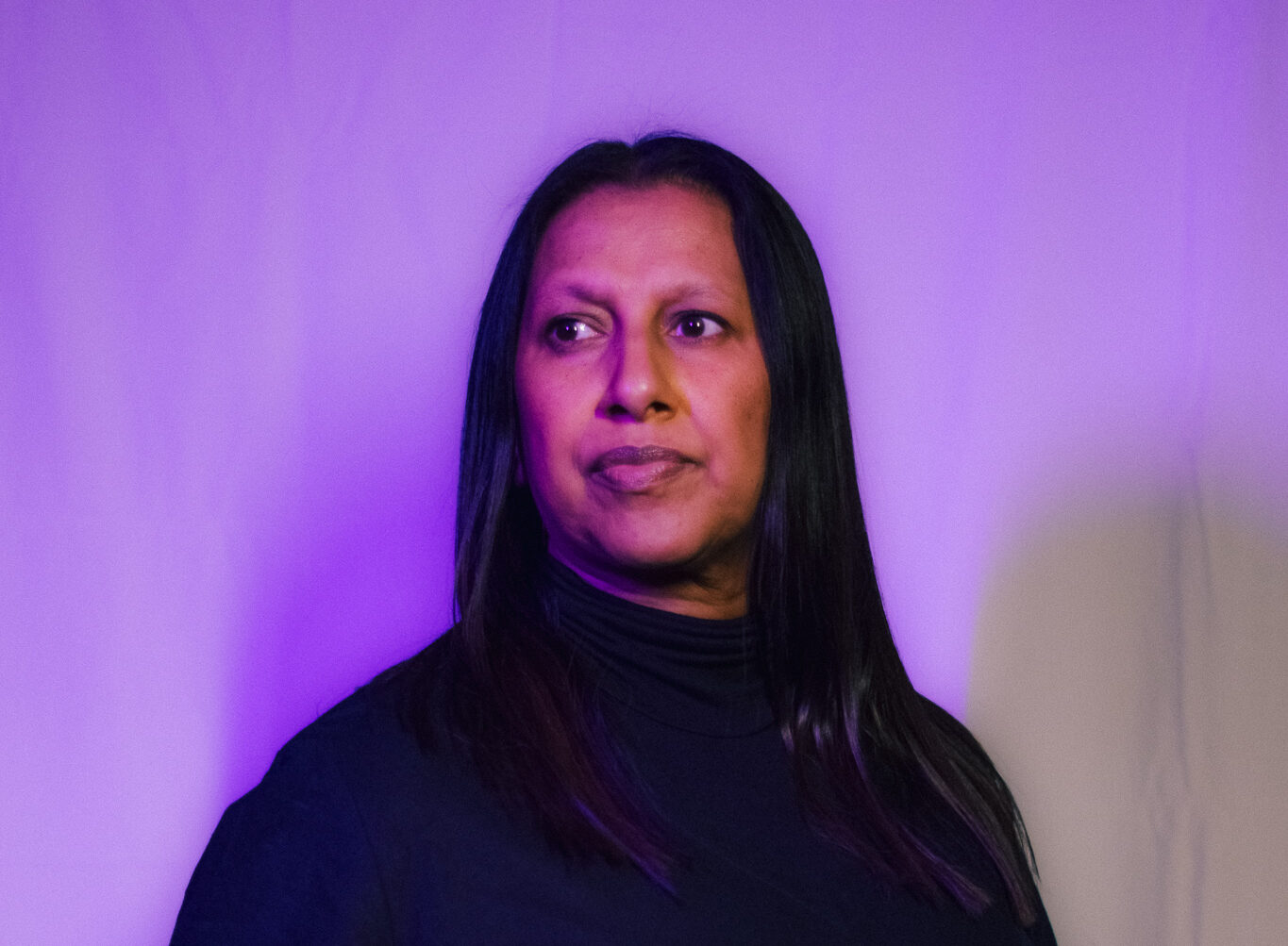
Tell me about your role at Curious Minds
I look at the work that we do through the lens of race - responding to lack of representation in our programmes, and supporting the Curious Minds team to develop their confidence in talking about race and being fearless when it comes to inclusion.What are the challenges you're trying to address
The biggest challenge is that we're working in a sector that isn't culturally diverse; that’s full of good people who've inherited systems that just aren’t working. We need to think about how we dismantle or augment those systems to make them fairer.If you look at the teaching world, for example, there are so few Black, Asian and ethnically diverse teachers, let alone teachers with disabilities. When it comes to people of colour in positions of power, the higher up you go the less diverse it becomes. We need to interrogate why that is and how we can make those spaces and places more diverse.
How can we help young people from a wide range of backgrounds and lived experience to become part of the cultural workforce?
If we're going to have a workforce that truly reflects the country we live in, there has to be more cultural diversity throughout our structures. Children and young people need to see people that look like them in positions of power. Where are the role models? Where are the people to show them that they can have a career in the creative industries? If you can see it, you can be it."Children and young people need to see people that look like them in positions of power"
They also need to know that the entry level is not as high as they might think it is. That you don’t have to go to university and there are lots of different pathways into creative jobs. We need to show them it’s a viable career, and that you can make demands on cultural organisations to let you in.
We need to build the confidence of young people to own the places and spaces within their community - as the makers, creators and drivers of new work. I think that’s really important. And cultural organisations have to get better at saying come in and welcome, and embracing the culture of young people.
We need to build the confidence of young people to own the places and spaces within their community - as the makers, creators and drivers of new work. I think that’s really important. And cultural organisations have to get better at saying come in and welcome, and embracing the culture of young people.
What could we all be doing better?
There needs to be the will and courage to change broken systems. In the US they call it affirmative action. But many people push against this, arguing the case for meritocracy. With the best will in the world, you can't just say everyone has the same opportunities, that we all start from the same premise, because that’s a lie.The way we recruit people, as a sector, is an obvious place to start. How bothered are we as organisations if it's only a certain type of person who comes through the doors? If we’re interviewing and there’s not enough people of colour, we need to look at that. We have to constantly interrogate our systems and be unafraid to change our practice. If there's not enough black teachers, why? Is teaching promoted to young black people as a viable career? It's complex, but so important. Tackling these challenges not only makes for a better workplace, but a better society and better outcomes for everybody.
We also need to think about the different barriers that people face. Sometimes, lack of diversity means that you're not just excluded from buildings but also from knowledge and networks. That’s really important, because we know that's where a lot of power comes from, especially for teaching artists. Knowledge and networks are your bread and butter, the way you build your reputation.
Many gatekeepers put up barriers without even realising. They demand a certain type of knowledge or experience without acknowledging how difficult it can be for many people to achieve this. We need to think about what we’re asking of people, what are we demanding that they know, especially those just stepping into the arena.
What does this mean for the cultural education workforce?
Anyone could say they're a teaching artist, but it’s actually a difficult career and requires a really broad range of skills. Artists need time and space to develop their practice. Who is buying that time? The Arts Council’s Developing Your Creative Practice programme is a great example, but it’s really important that we can see a diverse range of artists benefiting from these kinds of opportunities.For our Curious Commissions and Pushing Boundaries programmes we just said to the artists ‘bring yourself, your idea, your heart and your mind’.
Some of the artists had a clearly defined creative practice, others were still exploring, and that was fine. We realised that we had to be flexible and give people the space to explore and the permission to get things wrong. I think there's something lovely about that. As well providing some general training, these artists had mentors and met with Holly (our Head of Careers and Employability) to talk about their career - where they are now and where they want to be.
Some of the artists had a clearly defined creative practice, others were still exploring, and that was fine. We realised that we had to be flexible and give people the space to explore and the permission to get things wrong. I think there's something lovely about that. As well providing some general training, these artists had mentors and met with Holly (our Head of Careers and Employability) to talk about their career - where they are now and where they want to be.
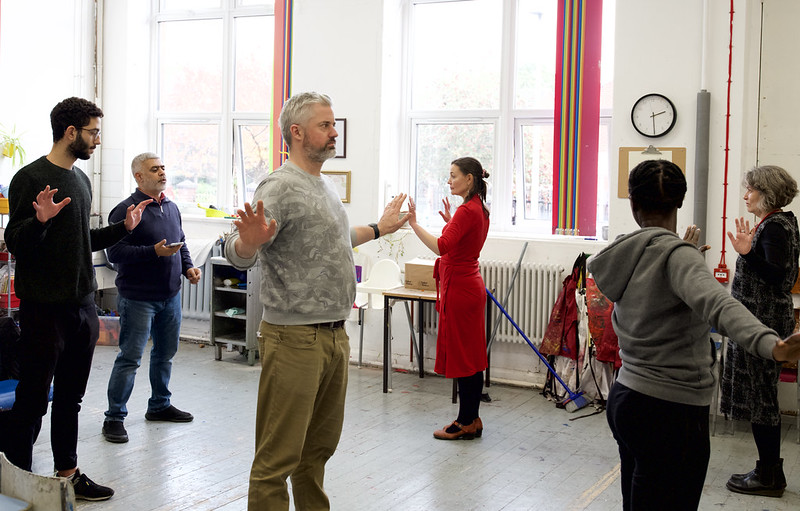
Sometimes just having that conversation can be so powerful in developing people's practice. I think that bespoke, developmental, support is really important. Not demanding that someone is a fully-fledged artist to begin with but understanding where they are on that journey and helping them to take those next steps.
"It’s not enough just to say we need more black writers, artists or teachers and to expect the pipeline to flow"
What in your work are you most proud of?
We’re starting to see the work we’ve been doing over the last couple of years really have an impact. We’re beginning to see far more people of colour applying to work with and for us, and to progress across the different programmes we offer. That's a really tangible thing.It’s not enough just to say we need more black writers, artists or teachers and to expect the pipeline to flow. We need to fix the broken systems that perpetuate inequality and exclusion, and to provide incremental support and development that helps people to find their way, no matter what their starting point. Maybe it’s more about stepping stones than a pipeline!
Curious how you can be part of the change?
If you'd like to find out more about Curious Minds' work to help diversify the cultural education workforce, or are keen to get involved in our programmes, contact Saphena at saphena.aziz@curiousminds.org.uk.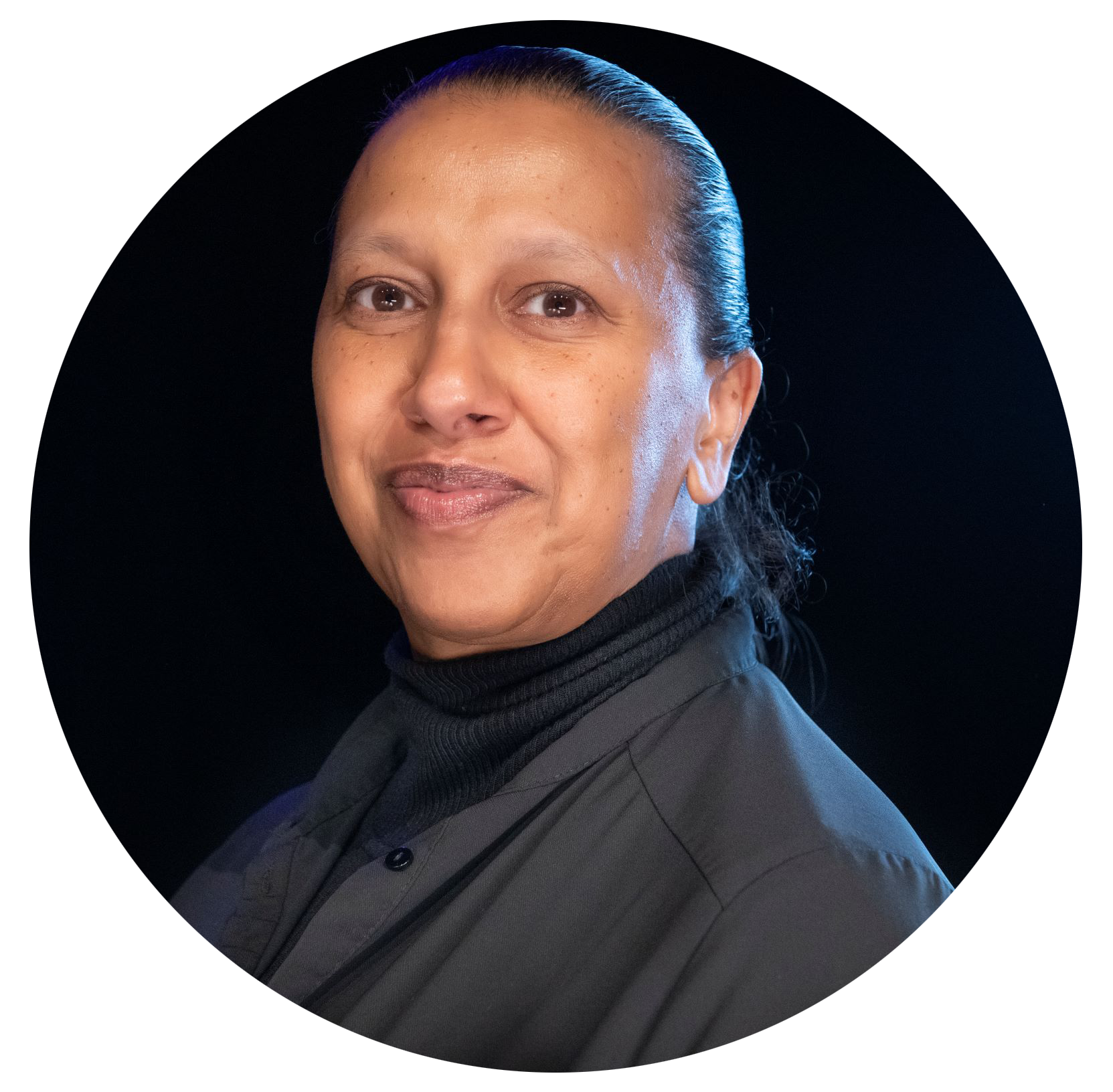
Saphena Aziz
Director of Inclusion
